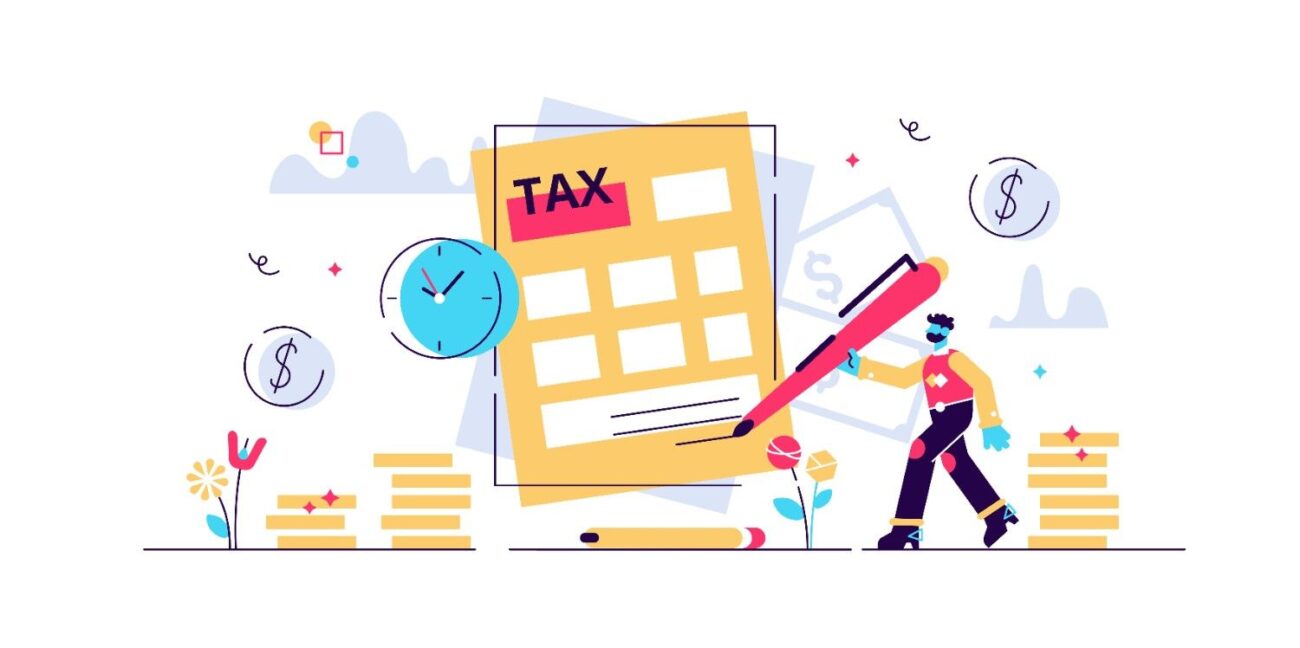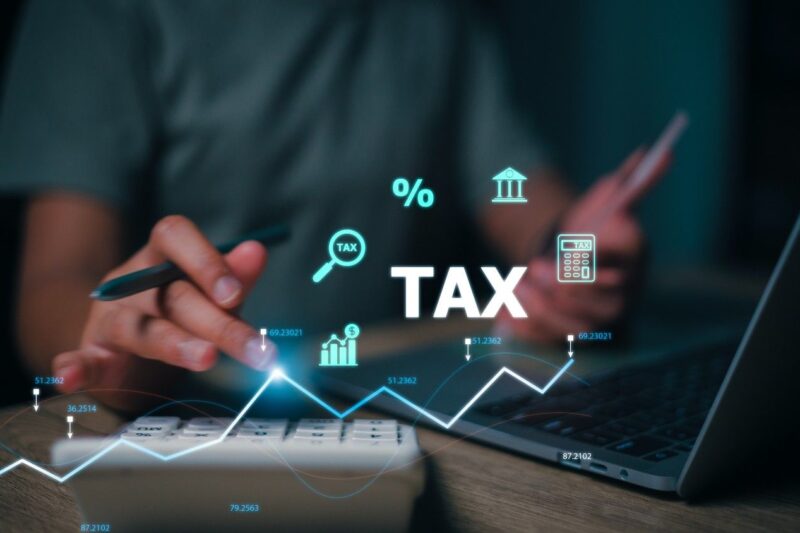Paying income tax is a part of managing your finances, but did you know you don’t have to wait till the end of the financial year to pay it? That’s where advance income tax comes in.
In simple terms, advance tax is paying your tax in instalments rather than a lump sum at the year’s end. This helps you stay on top of your finances, avoid penalties and plan your money better.
Here, we will guide you on when to pay advance income tax, how to calculate it and tips to make the process smooth and stress-free.
What is Advance Income Tax and Why It Matters
Advance income tax is essentially prepaying your tax liability for the year in instalments. If your total tax liability exceeds 10,000 rupees in a financial year, the government expects you to pay your tax in advance.
If you ever face a sudden cash crunch while paying your taxes, an urgent personal loan from Olyv can help you manage payments without delay.
Benefits of Paying Advance Tax
- Avoid penalties and interest – Late payments may attract interest under sections 234B and 234C.
- Manage cash flow better – Smaller instalments are easier to handle than one big payment at year-end.
- Promotes financial discipline – Planning for taxes in advance encourages better money management.
Paying advance tax on time ensures you stay financially disciplined and avoid unnecessary stress.
Who Needs to Pay Advance Income Tax?
Not everyone is required to pay advance tax. Here’s who needs to consider it:
- Salaried individuals – Usually, TDS (Tax Deducted at Source) from your salary covers your tax. You only need to pay advance tax if you have additional income, such as rental income, capital gains or freelance work.
- Self-employed professionals and freelancers – If you earn money without TDS, like consultancy or freelance payments, you must calculate and pay advance tax.
- Business owners – Businesses with taxable profits above ₹10,000 in a financial year must pay advance tax.
- Investors – Income from dividends, interest or capital gains not subject to TDS may also require advance tax payments.
When Do You Need to Pay Advance Income Tax?
The income tax department has a fixed schedule for advance tax payments. Splitting the liability across the year makes it manageable and not stressful at the last minute.
Advance Tax Payment Schedule
- 15th June – Pay 15% of your estimated tax.
- 15th September – Pay 45% of the estimated tax (cumulative).
- 15th December – Pay 75% of the estimated tax (cumulative).
- 15th March – Pay 100% of your estimated tax for the year.
Note: Percentages are cumulative. By September, you should have paid 45% of your total estimated tax, not 45% additional.
This schedule helps individuals, freelancers and business owners to plan their finances throughout the year without surprises.
You can also consider a debt repayment loan from Olyv to consolidate dues and keep your finances organised during the tax season.
How to Calculate Advance Income Tax
Calculating advance tax may sound complicated, but it’s easier than you think. Follow these steps:
- Estimate your total income for the year – Include salary, business income, freelance earnings, rental income and capital gains.
- Deduct eligible exemptions and deductions – Use sections like 80C, 80D or 24(b) to reduce your taxable income.
- Apply slab rates – Calculate the total tax liability based on applicable slabs.
- Subtract TDS already deducted – adjust any tax if already deducted at source.
- Pay in instalments according to deadlines – use the official income tax online portal for hassle-free payment.
Common Mistakes to Avoid When Paying Advance Tax
Even a small single procedure can go wrong if one is not very careful. Some things to avoid include,
- Underestimating your tax liability – It is a better idea to accept that your tax liability might be somewhat higher and, by way of giving some interest, than to lose by not paying it in time.
- Missing deadlines – Interest gets charged on payments made beyond the stipulated period under sections 234B and 234C, respectively.
- Disregarding non-TDS income – Freelance income, rental income, or capital gains usually escapes attention.
- Not keeping receipts – Always keep your challans or payment confirmations.
How To Manage Advanced Income Tax Better
- Maintain a small tax fund – Keep aside a certain portion of your income every month for income taxes.
- Use online calculators – There are numerous calculators available online that can help you estimate advance tax fairly accurately.
- Variable income – Evaluate your estimates quarterly if your income is not always a fixed amount.
- Ask an expert – Consult a CA or a tax expert for optimising payments in the event of complex financial situations.
- Assess last year’s taxes – Serves as a precursor to estimating this year’s tax liability with accuracy.
With Olyv, you can simplify your financial planning through flexible and transparent loan options designed for every need.
Conclusion
Paying advance income tax is not just a legal requirement; it is a smart way to manage your money. Knowing when to pay advance tax, estimating your liability correctly, and paying on time can save you from penalties and last-minute stress.
Whether you are a salaried professional, freelancer, business owner, or investor, planning for income tax ensures smoother finances and peace of mind.
So always remember, paying in advance is not at all a burden. It is a step towards financial discipline and security. Stay organised, follow the deadlines and make your advance payments as part of your smart money management strategy.



